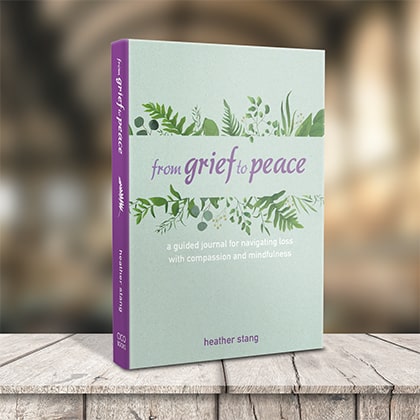Restorative & traditional yoga poses for grief help release tension, calm your mind and restore your spirit.
The practice of mindfulness can help bereaved people steady their mind, relax their body, and make meaning from their loss. Mindfulness is the practice of paying attention to the present moment with an attitude of equanimity. It cultivates the ability to stay calm even in the midst of pain. Rather than running away from the
Precautions: The first principle of yoga is ahimsa: nonviolence. Practice nonviolence to yourself by not causing your body any physical pain during your practice. If you are under medical supervision, check in with your practitioner before embarking on a yoga practice. Why Practice Yoga For Grief When faced with a great loss our body, mind
While grief is like a roller coaster, and rarely feels “normal,” most of us have the natural capacity to make it to the other side. Along the journey we will feel a myriad of uncomfortable, intrusive and most of all unwelcome sensations. The pain we feel as a result of losing someone we love seems unfair, but it is natural, and while the loss itself is permanent, the intensity of pain will subside.
It is not only your heart that suffers when you grieve the loss of a loved one. For most of us, our body feels the icy pain of loss and collapses in on itself. You will certainly experience the physical aspects of grief in your own way, but some of the common reactions include fatigue, nausea, shortness of breath and a tight sensation in the throat and chest.
When someone we love dies it is not uncommon to have moments where we expect them to return to us. We absentmindedly set the table for two, or pick up the ringing phone and expect it to be their voice on the other end of the line. While not everyone who grieves will experience this magical thinking, it may help to know that it is normal, at least for a period of time.
The winter holiday season is supposed to be about cheerful things – like loving your neighbor and sending compassion to those less fortunate. This can be easy to do when things are going well. But what happens when you are feeling the pain of grief, when you are missing someone you love very much, and
This breathing exercise for grief is best done in a quiet place where you won’t be disturbed. Create a sacred space to practice your breathwork. If, like most of us, you do not have a dedicated meditation room, find a special chair, or even a spot on the grass that you visit regularly. Breathing exercises

